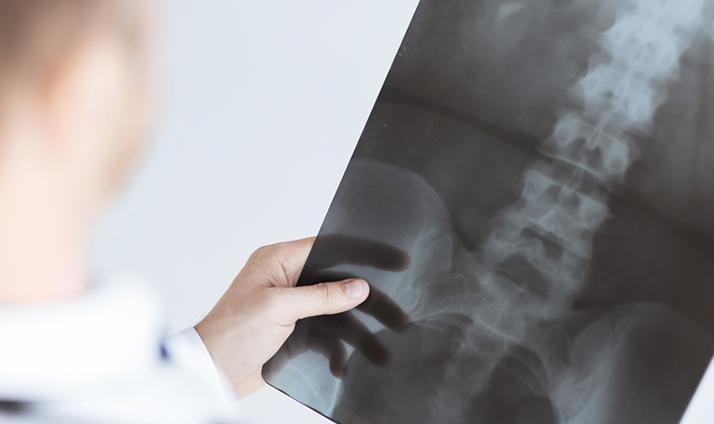As pharmacy assistants, you are frequently being asked about ways to increase bone strength. Due to our aging population, the prevalence of osteoporosis and the increase of diets and lifestyles with reduced nutrients, many customers now require the additional support of supplements to maintain good nutrition.
The preferred way to get your requirements of calcium is always through diet. It is best to aim for two to three servings of calcium rich (each containing 200mg-300mg) foods daily such as nuts and dairy products. However, many people struggle to reach, or fail to absorb the nutrient due to health conditions like coeliac disease, stomach issues, certain medications or having an intolerance to lactose. It may also be a customer’s personal choice not to eat dairy.
The amount of elemental calcium needed can also increase depending on factors such as;
- Pregnancy and breastfeeding – 1000mg of elemental calcium is recommended.
- Children and teenagers – 500mg -1000mg of elemental calcium depending on their age.
- Elderly men and women, and women going through menopause – up to 1300mg of elemental calcium.
If calcium supplementation is required we need to choose the form of calcium best suited to the customer. If you were to pick up a range of supplements in your pharmacy, you would encounter numerous types of calcium. The most common being calcium carbonate, calcium citrate and calcium hydroxyapatite. Depending on the customer’s circumstances one of these forms may be best:
- Calcium carbonate – the most common and least expensive type of calcium. It is generally well tolerated, but the elderly and those on medications to reduce stomach acid may struggle to absorb it. It is always best taken in the evening with a meal.
- Calcium citrate and calcium hydroxyapatite – are not as cost effective, but they do have the benefit of not needing to be taken with food and are easier to be absorbed by older or compromised people.
Another extremely important factor to consider with patients lacking in calcium is their level of Vitamin D. This key nutrient is required by the body to assist calcium absorption. The vast majority of our Vitamin D is acquired from exposure to sunlight, but as many of us now live our lives more and more indoors, or live in residential care, some people often struggle to get enough of this important nutrient. Therefore, it is recommended that if customers are concerned about their levels they should see their doctor and if necessary supplement with at least 1000 IU per day.
As with any supplement, the customer must always follow the directions on the product or their doctor’s advice.
Other tips you can give your customers to assist their health in these matters are:
- Aim to eat three servings of calcium rich foods daily.
- Remain active.
- Reduce alcohol intake.
- Try to get some sunlight away from peak UV times.
- See your doctor (or pharmacy) for a bone density test and regular check-ups.
By Erin le Feuvre, Trainer and Assessor
References
- Calcium and Vitamin D supplements for osteoporosis. NPS Medicinewise Living.
- Choosing calcium supplements. NPS Medicineswise.
- Calcium supplementation: the bare bones. Australian Prescriber.
- Bone up on ways to prevent osteoporosis. NPS Medicineswise.

